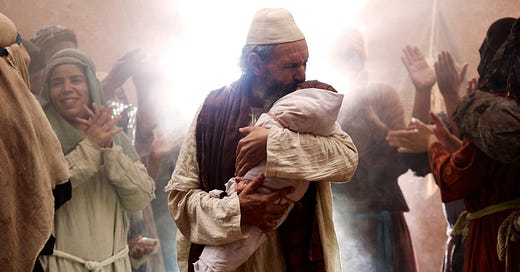Zechariah Finds His Voice
Preparing for the Nativity of the Lord: One Day before Sunday (Year A)
Scripture
Psalter: Luke 1:46b-55
Old Testament: Isaiah 60:1-6
Gospel: Luke 1:67-80
___
Prayer
God of power and mercy, open our hearts in welcome. Remove the things that hinder us from receiving Christ with joy, so that we may share his wisdom and become one with him when he comes in glory, for he lives and reigns with you and the Holy Spirit, one God, for eve…
Keep reading with a 7-day free trial
Subscribe to Faith Seeking Understanding to keep reading this post and get 7 days of free access to the full post archives.




